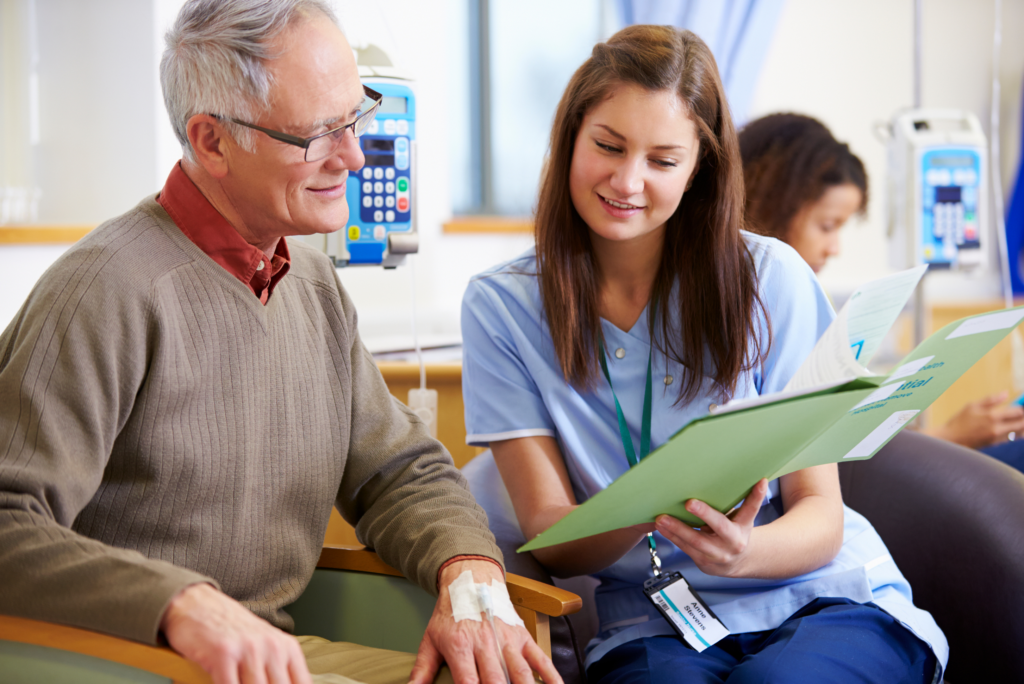A Travel Nurse’s Guide to Effective Patient Education
As a travel nurse embarking on a 13-week assignment, you carry the responsibility not only to provide top-notch medical care but also to educate and empower your patients. Effective patient education is a crucial aspect of nursing that enhances recovery, fosters self-management, and promotes overall well-being. In this blog, we’ll explore strategies and tips to help you excel in educating your patients during your short-term stay in a healthcare facility.
Build Trust and Establish Rapport
Before diving into educational discussions, it’s essential to build a trusting relationship with your patients. Take the time to introduce yourself, actively listen to their concerns, and show empathy. A strong nurse-patient relationship lays the foundation for effective communication, making it easier for patients to absorb and apply the information you provide.
Assess Individual Learning Styles
People have different learning preferences. Some patients may grasp information better through visual aids, while others may prefer verbal explanations or written materials. Assess your patients’ learning styles to tailor your educational approach. Utilize a variety of methods, such as pamphlets, videos, diagrams, and one-on-one discussions, to cater to diverse preferences.
Use Clear and Simple Language
Medical jargon can be overwhelming for patients. When delivering information, use clear and simple language, avoiding unnecessary technical terms. Break down complex concepts into digestible pieces, ensuring that patients can comprehend and retain the essential details related to their care.
Encourage Questions and Active Participation
Create an open and welcoming environment that encourages patients to ask questions and actively participate in their care. Be patient and attentive, addressing any concerns they may have. This involvement fosters a sense of ownership over their health, making them more likely to adhere to prescribed treatments and lifestyle changes.
Provide Written Materials
In addition to verbal communication, offer written materials that patients can refer to later. These can include pamphlets, instructions, and educational handouts. Written materials serve as valuable resources that reinforce verbal information and act as a reference guide for patients once you’ve moved on to your next assignment.
Utilize Technology
Embrace technology to enhance patient education. Share reputable online resources, educational apps, or videos that align with the information you’ve discussed. This not only reinforces your teachings but also empowers patients to continue learning independently.
Collaborate with the Healthcare Team
Communication among healthcare professionals is vital for comprehensive patient care. Collaborate with other members of the healthcare team to ensure consistency in the information provided. A unified approach minimizes confusion and reinforces key messages, contributing to better patient understanding.
As a travel nurse on a 13-week assignment, your impact extends beyond medical interventions. Through effective patient education, you contribute to the overall well-being and recovery of your patients. By building trust, assessing learning styles, using clear language, encouraging participation, providing written materials, leveraging technology, collaborating with the healthcare team, and embracing cultural competence, you can leave a lasting positive influence on those under your care.
Whether you’re a seasoned travel nurse seeking your next assignment or you’re ready to dive into the dynamic world of travel nursing for the first time, our comprehensive job search portal is your gateway to exciting positions across the country. Connect with us today and take the first step toward fulfilling your next travel nursing adventure!



